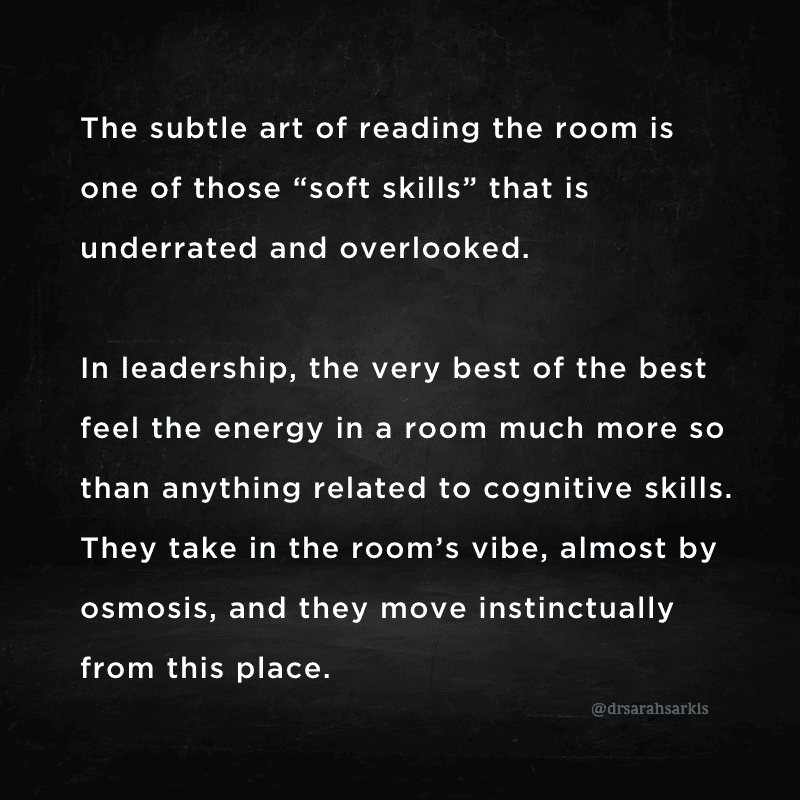My son is turning fifteen this summer and with this comes his first “real” job search. Right around this age, camps and summer activities give way to summer jobs and “internships.” This is an interesting border town for kids, yet another marker of the grueling transitional phase from childhood to young adulthood that we call, adolescence.
So, inside my home, there is a lot of talk about what my son wants to do for his summer job. And then there is the reality of what he is going to do.
I have only one rule when it comes to his summer job: It has to be in the food/restaurant industry (restaurant, bakery, cafe, food kitchen, etc).
Let me explain…
I was raised in a restaurant family. (IYKYK)
I am the most annoying person to go to dinner with because I can never – not once – experience a meal like a normal guest does. Instead, I am timing the wait at the point of entry, assessing the pre-bussing situation on all the tables, checking the bathroom for cleanliness (every twenty five minutes), and “wondering” why the meal was not fired in a timely manner. It is a running dialogue that everyone in my vicinity has to endure. It’s wired inside of me like some rogue DNA. I always thought a second career as a food/restaurant critic would suit me well.
Growing up, I worried a lot that my lack of experience in any other field would hinder my success in whatever career I chose. I saw my friends getting internships and summer jobs that were inside organizations, teams, and other areas of focus, and I felt jealous and uninspired by my menial jobs cleaning dishes or busing tables.
By the time I graduated from my doctoral program in psychology, I had only ever made money from waiting tables. I was just shy of 30 years old when I hung up my apron. I wondered, How will I turn these skills into something relevant in the field of psychology?
I see now that almost everything of deep and enduring value (that I use daily), I learned from being a kid raised inside restaurants. Here are my top five:
1. They aren’t customers, they are guests.
Customers are transactional. Guests are relational. Treat each person that walks through that “door” (virtual included) like they are in your living room, eating a home cooked meal.
I have lived by this motto with every person and team I have ever worked with. It is a privilege to work alongside people doing the type of meaningful excavation I like to do. I consider it one of the great honors of my life, alongside motherhood and my marriage.
Whatever line of work you’re in, they aren’t clients or customers or even patients, they are your guests. Treat them that way, and watch the dynamic shift before your eyes.
2. Learn how to read a room.
I learned from an early age to watch eyes, hands, and body language in order to address a guest’s needs before they even ask. This is a type of hyper-vigilance that comes with hours and hours “on the floor.”
Restaurants are living breathing chaos in motion. There are hundreds of moving parts that have to go impossibly right in order to positively impact the guest experience. Non-verbal cues, reading people’s energy, learning how to defuse tension, negotiating difficult guests, and on and on are just a few of the soft skills you learn living inside the restaurant world.
All of these skills have been invaluable in my life in the intimate trenches of the human condition. The subtle art of reading the room is one of those “soft skills” that is underrated and overlooked. In leadership, the very best of the best feel the energy in a room much more so than anything related to cognitive skills. They take in the room’s vibe, almost by osmosis, and they move instinctually from this place. Turns out, restaurants are a fantastic training ground for this type of skill.

3. We are in the hospitality industry, not the customer service industry.
Hospitality is a culture; it’s a mindset.
This might seem like an innocuous or even obvious distinction, but it isn’t, I assure you. Go the extra mile, anticipate their needs, validate their experience (especially the subpar or friction based experiences) and convey connection. Use their name, remember a little something about them each time you see them. These small gestures go a long way in building lifelong relationships.
4. Everyone has a story.
Invest in the story, and you will have lifelong guests. I have lived all of my adult life in the lives of other people’s stories – the wins, the losses, the heartbreaking grief, death, births, failure, and everything in between. One thing has become abundantly clear to me: It’s hard to dislike someone close up. I have never met a “story” that didn’t make sense.
Get to know people, even the ones you think you don’t like. When you get under the hood, it is hard to remain untouched by people’s process and their journey, warts and all.
As far as I can tell, this is the only antidote to the perils of disconnection.
5. They won’t remember the meal, they will remember how they felt eating the meal.
Long after the guest forgets what they ate or if it tasted good, they will remember how you made them feel. This is a cardinal rule of life.
Every time I stop working with a client or a team, we have a debrief, a time to summarize the work that has unfolded. I always ask some version of the same question, “What was most effective for you?” Or, “What surfaced as the most valuable work for you?”
Without fail, they sidestep what they learned or any knowledge they have acquired through the process of our work together and, instead, they talk about how they felt in my presence, how I made them feel about themselves, how I listened to them, deeply and without an agenda. It turns out, that is a gift unto itself.
These are the treasures we bestow on the people in our lives – not what we teach or tell them, but how we make them feel.







This was a fantastic read–all very accurate statements. Not to mention, I’ve seen you use all of these techniques IRL multiple times throughout our time knowing each other (as one of your “guests”).
I was a restaurant kid too! My father was an executive chef.
Now, I train Montessori teachers. I have always seen the connection (and loved it!). Montessori teachers “prepare the environment” for learning. We observe the children individually and as a group to make sure everything is ready for what they will need next. We strive to create conditions for “flow” (Dr, Montessori called it “normalization.” As a physician, she recognized it as a state of homeostasis or well-being – where biological systems are integrated and working in harmony).
We also do not view children as “students” but as human beings near the beginning of life’s journey. They are also seen as valued members of our learning community. This mindset informs everything we do.
And, similar to restaurants, our classrooms can be “living breathing chaos in motion” with the “hundreds of moving parts that have to go impossibly right in order to positively impact” the child’s developmental experiences (and self-construction in the early years). Most days, it feels amazing when all the pieces fall into place.
Thanks so much for sharing this article and information. I didn’t know you were a “restaurant kid”!